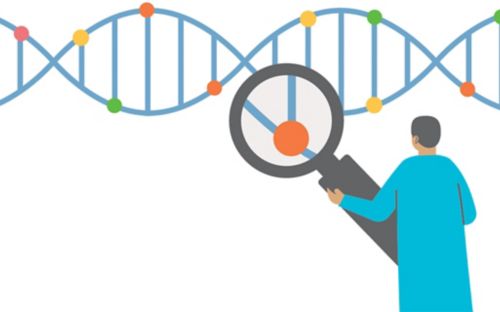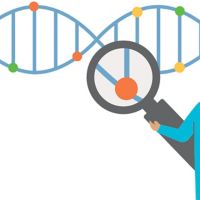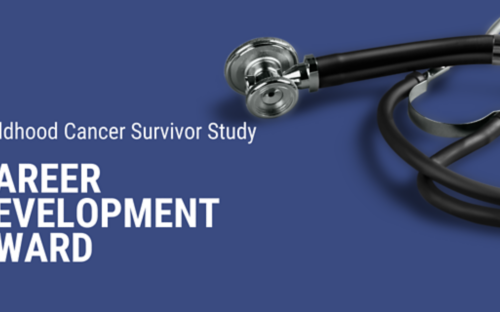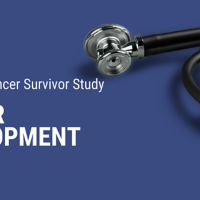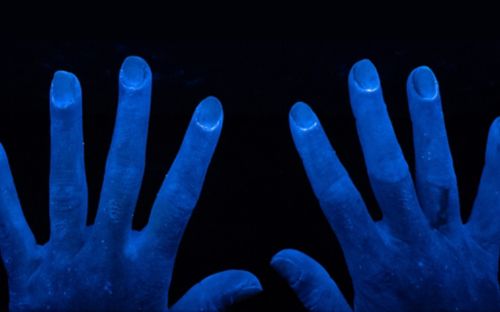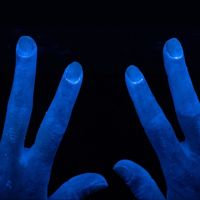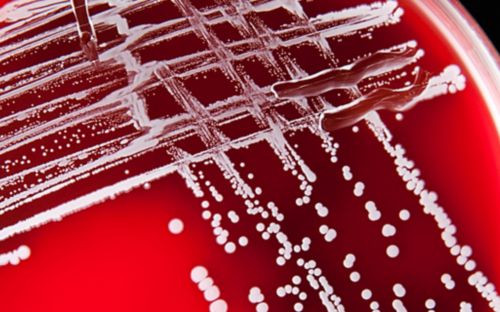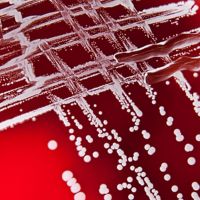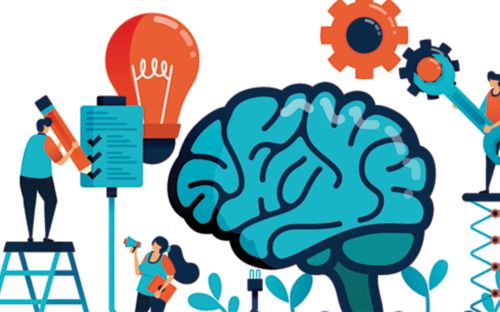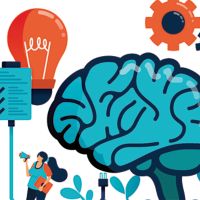St. Jude Family of Websites
Explore our cutting edge research, world-class patient care, career opportunities and more.
St. Jude Children's Research Hospital Home

- Fundraising
St. Jude Family of Websites
Explore our cutting edge research, world-class patient care, career opportunities and more.
St. Jude Children's Research Hospital Home

- Fundraising
Clinical
Find out how research at St. Jude underlies clinical progress in the care and treatment of cancer, blood disorders, neurological disease and more.
St. Jude families provide valuable insights to staff through virtual adviser community
As a hospital staff member, how do you help patient families have a better clinical experience and quality of life while in the hospital?
Let people with sickle cell disease inform clinical trial communication
Read how these clinicians are addressing the serious ethical challenges to accelerating a cure for sickle cell disease.
BRAVE program helps ICU patients get moving sooner
This one simple thing gets pediatric ICU patients off ventilators sooner, out of the ICU and back to regular activities more quickly.
Interested in childhood cancer survivorship research? Apply now for support to get started.
Get your survivorship study funded by applying for this career development award.
Hand hygiene a crucial component of preventing viral spread
You learned how to do it before you could spell it. It may be one of the most important things you can do to prevent the spread of coronavirus.
Infection prevention and control: Planning patient protection during a pandemic
Read how early planning to protect patients and staff through infection prevention measures readied this facility for the pandemic.
Self-care: The No. 1 thing you can do for your child
This psychologist gives advice on caring for infant and toddler mental health, and the No. 1 thing to do isn’t what you would expect. %
New screening process helps clinicians identify educational and mental health problems in children with hemophilia
The HemoFOCUS screening process uses a standardized rating scale to screen children with hemophilia for inattention, hyperactivity and impulsivity, which are symptoms of ADHD. The goal is to improve the odds that patients with a dual diagnosis will be identified and will receive appropriate educational and psychosocial services.
Physician partnerships and telemedicine advance treatments and cures
Telemedicine, identified in 1879 as a way to reduce patient office visits, has become a necessary way to enhance the quality of care throughout the world.
Meeting of the minds: Standardizing communication to improve patient handoffs and transitions of care
These communications programs have a significant impact in helping ensure patient care is consistent across care teams.


